Oracle missed the cloud boat - is it doing the same with AI?
Founder and chairman Larry Ellison says billions will be spent to lure AI companies to Oracle’s cloud, but is it too little too late?
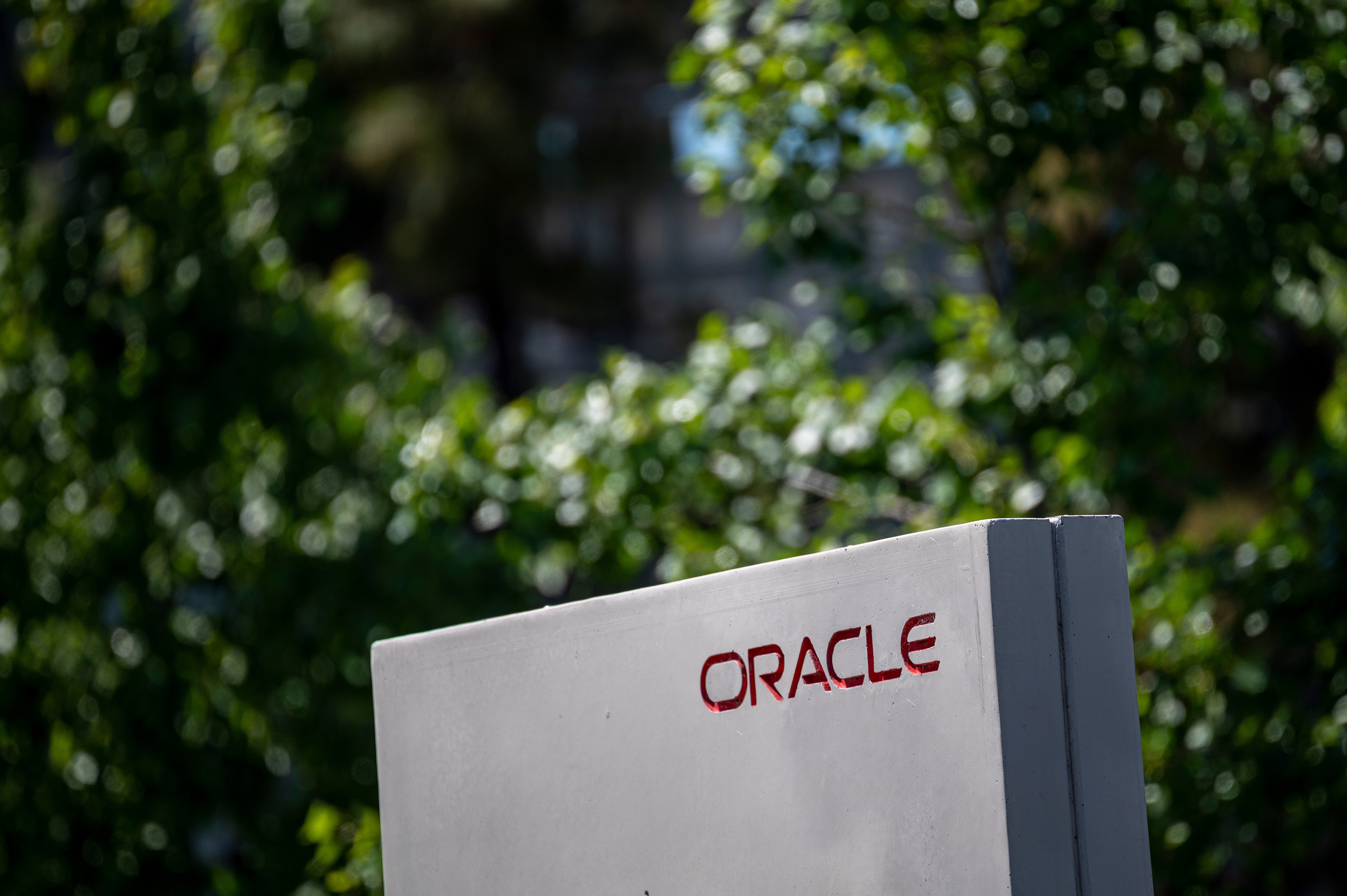

Oracle is reportedly spending billions of dollars on Nvidia chips as well as AMD silicon and Ampere CPUs in a move that’s intended to make the company’s cloud service more attractive to a new wave of artificial intelligence (AI) companies.
The move appears to show the company taking its first serious steps towards pursuing a footing in the burgeoning generative AI market, one that’s really only taken flight over the past 12 months.
But it will doubtless be looking to avoid the same approach it took with cloud computing, where it arrived on the scene too late, only to find itself unable to claw back any meaningful market share from what we now consider the ‘big three’ hyperscalers: Microsoft Azure, AWS, and Google Cloud.
Oracle joined the cloud computing world only six years ago, considerably later than the ‘big three’. Recent studies put the company some way behind in terms of usage compared to its rivals.
“Oracle's Gen2 Cloud has quickly become the number-one choice for running generative AI workloads”, Ellison said in Oracle’s FY2023 Q4 earnings statement before highlighting the company’s GPU cluster technology.
He also said “AI development companies have recently signed contracts to purchase more than $2 billion of capacity in Oracle's Gen2 Cloud”.
Is Oracle behind in generative AI?
In a recent interview, Jefferies analyst Brent Thill said that Oracle had some way to go in order to catch up with the leaders in the AI field.
Get the ITPro daily newsletter
Sign up today and you will receive a free copy of our Future Focus 2025 report - the leading guidance on AI, cybersecurity and other IT challenges as per 700+ senior executives
He referenced a $2 billion investment into AI at Oracle too, adding that competitors will be "seeing multiple times that [sum]". Though, Oracle has since clarified that the $2 billion figure Thill mentioned was 'incorrect' and that it has not announced a specific sum related to its AI investment generally.
RELATED RESOURCE
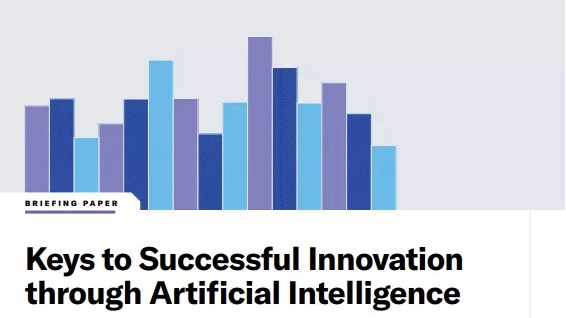
Keys to successful innovation through artificial intelligence
Overcome the common challenges when implementing AI and ML
“There’s no question that they’ve got their act together on a go-to-market as well as the technology side, but remember - they are multiple years late to the others that are ahead of them. Microsoft is like 40 laps ahead.
“When you think of the size of their business in the cloud versus AWS or Microsoft, it’s not even a fair comparison.”
Thill’s assessment is based on decades of monitoring Oracle, a company that has plenty of experience when it comes to the vast data loads of generative AI thanks to its enterprise database products.
“They’re engaged, but they are not where the others are at,” he added.
Referring to the AI wave, he said “if this tide lifts all boats, the other boats are way better boats”.
Oracle's "practical" AI approach
Chris Pang, VP analyst at Gartner, described Oracle as “radically practical”.
“They are very focused on the enterprise market, their customers and, as a result of that - in terms of how they innovate in different technologies - there always needs to be that business case for them to make that investment and also the use cases where it can actually add value.
Pang told ITPro that Oracle had been investing heavily in AI in recent years, but had been concentrating on its business applications and underlying technology platforms.
“It’s really been focused on a couple of areas,” he said.
One was the autonomous database and the other was adding capabilities such as predictive analysis and tools to do more with the data held in an enterprise’s databases.
Pang was at pains to differentiate types of AI - for example, machine learning, which has been deployed by many vendors over a number of years - and said “where we're heading towards now is this new frontier, which is around generative AI”.
“And that's where I'd say it’s still kind of early days for Oracle, compared to perhaps some of its peers in the market."
Can Oracle catch up?
Ellison’s announcement indicating billions will be spent in order to attract AI workloads comes on top of recent feverish activity by the company in the AI sphere.
It recently announced a collaboration with Cohere and plans to develop enterprise-level generative AI services.
Earlier this month, it announced the addition of generative AI-powered capabilities within its Oracle Fusion Cloud Human Capital Management service, to improve existing HR services.
However, as Thill observed, other companies are some distance ahead of Oracle. Microsoft, for example, invested $1 billion in OpenAI in 2019 and followed this with further investments culminating in a multi-billion-dollar deal earlier this year.
Microsoft has begun integrating the technology into its services - examples include its Copilot tools - and, as the provider of computing power for OpenAI, stands to benefit as companies seek to integrate their products with the platform.
As for Oracle, it appears to have been taken somewhat by surprise by the emergence of generative AI technology. For years, the company defined AI as “Adaptive Intelligence”, resulting in some confusion around its strategy.
To challenge the leaders in the AI space, Oracle must therefore seek new ground and leverage its enterprise experience to address the privacy and regulatory issues currently being faced by its rivals. An opportunity to do so exists in the coming year or two, should the competition become mired in legal challenges.
RELATED RESOURCE
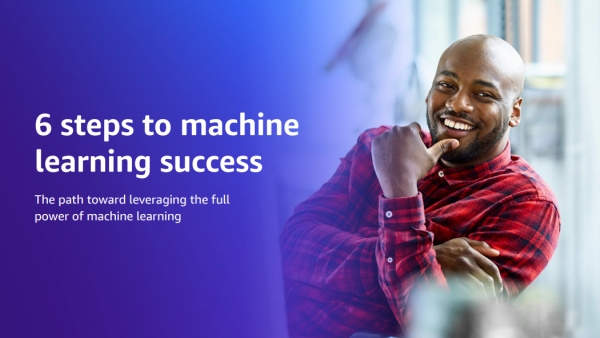
Six steps to machine learning success
The path toward leveraging the full power of machine learning
A spokesperson told ITPro: “Oracle plans to develop powerful, generative AI services for organizations worldwide. We are uniquely positioned to deliver generative AI services spanning applications to infrastructure that help businesses solve today’s most complex challenges”.
“Oracle generative AI services will provide the highest levels of security, performance, and value in the industry."
“Customers can securely incorporate their own data to train specific models, deploy them on best-in-class AI infrastructure through OCI, and experience the business benefits immediately in their applications.”
Oracle has trailed behind the likes of AWS, Microsoft, and Google Cloud in the cloud computing stakes.
Regarding the company’s delay, Pang said “Oracle likes to be completely vertically integrated”.
“It takes a lot of investment and a lot of time to get that going if you’re trying to do it completely by yourself versus piggybacking onto somebody else’s technology.”
He also cited Oracle’s enterprise customer base that “gave them a bit more time to investigate the cloud and to design a cloud infrastructure which was more aligned to customer requirements”.
That said, “I think it’s fair to say that their first-generation efforts to do cloud were perhaps… suboptimal. So that’s why they quickly redesigned it”.
During Oracle’s CloudWorld event in 2022, Ellison said that he decided to cancel the company’s first attempt at an infrastructure cloud, citing a desire to not simply copy its rivals. While the decision might have led to a different approach, it also cost the company time.
Ellison’s assertion that Oracle’s Gen2 cloud is now the number-one choice for AI has come at a time when the company’s competitors appear to have a substantial head start in the AI sector.
Oracle was not the first mover when it came to databases, but later came to dominate the enterprise database market. However, it also lacked the first-mover advantage in the cloud marketplace but still languishes behind the leaders.
That the company is late to market with generative AI technology is without question. Its ability to catch up may lie in the potential missteps of its rivals and whether it can turn its enterprise experience into an attractive generative AI proposition.

Richard Speed is an expert in databases, DevOps and IT regulations and governance. He was previously a Staff Writer for ITPro, CloudPro and ChannelPro, before going freelance. He first joined Future in 2023 having worked as a reporter for The Register. He has also attended numerous domestic and international events, including Microsoft's Build and Ignite conferences and both US and EU KubeCons.
Prior to joining The Register, he spent a number of years working in IT in the pharmaceutical and financial sectors.
-
 Bigger salaries, more burnout: Is the CISO role in crisis?
Bigger salaries, more burnout: Is the CISO role in crisis?In-depth CISOs are more stressed than ever before – but why is this and what can be done?
By Kate O'Flaherty Published
-
 Cheap cyber crime kits can be bought on the dark web for less than $25
Cheap cyber crime kits can be bought on the dark web for less than $25News Research from NordVPN shows phishing kits are now widely available on the dark web and via messaging apps like Telegram, and are often selling for less than $25.
By Emma Woollacott Published
-
 ‘DIY’ agent platforms are big tech’s latest gambit to drive AI adoption
‘DIY’ agent platforms are big tech’s latest gambit to drive AI adoptionAnalysis The rise of 'DIY' agentic AI development platforms could enable big tech providers to drive AI adoption rates.
By George Fitzmaurice Published
-
 AI agent announcements are a dime a dozen right now – here’s what Oracle thinks it’s doing differently
AI agent announcements are a dime a dozen right now – here’s what Oracle thinks it’s doing differentlyNews Oracle’s latest foray into the world of AI agents will leverage the firm’s strength in infrastructure and come at no additional cost to users.
By George Fitzmaurice Published
-
 Nearly half of workers think using AI makes them look lazy and incompetent
Nearly half of workers think using AI makes them look lazy and incompetentNews AI adoption is slowing among desk workers, driven by uncertainty around its permissibility in the workplace
By Solomon Klappholz Published
-
 UK government trials chatbots in bid to bolster small business support
UK government trials chatbots in bid to bolster small business supportNews The UK government is running a private beta of a new chatbot designed to help people set up small businesses and find support.
By Emma Woollacott Published
-
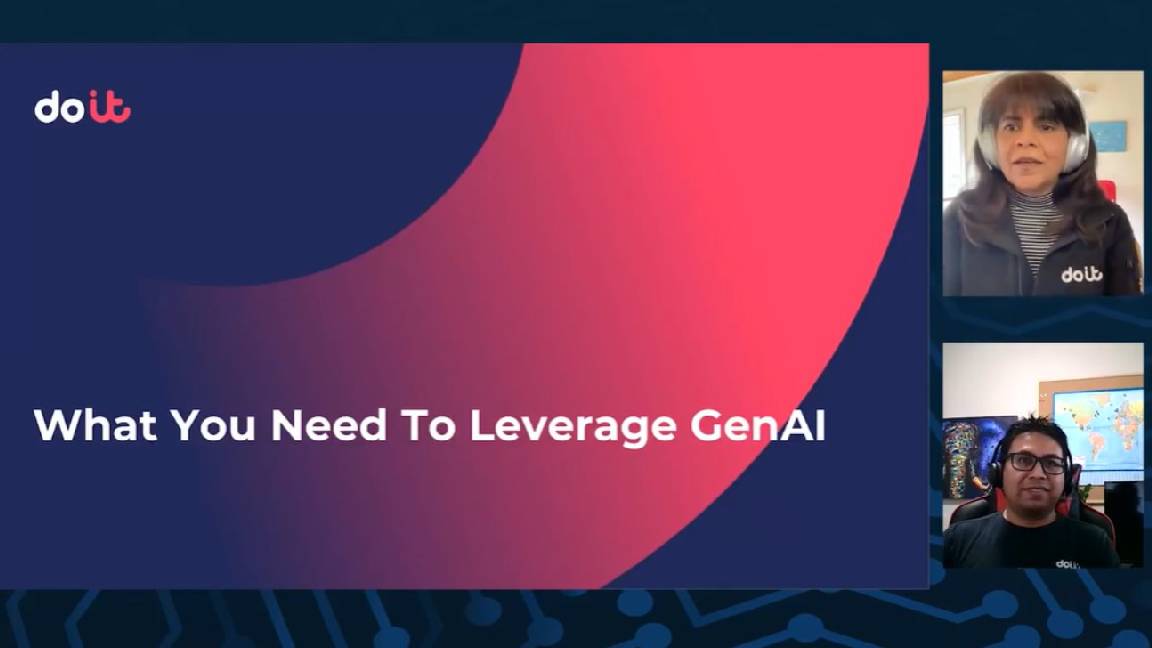 What you need to leverage genAI
What you need to leverage genAIWhitepaper What you need to leverage genAI
By ITPro Published
-
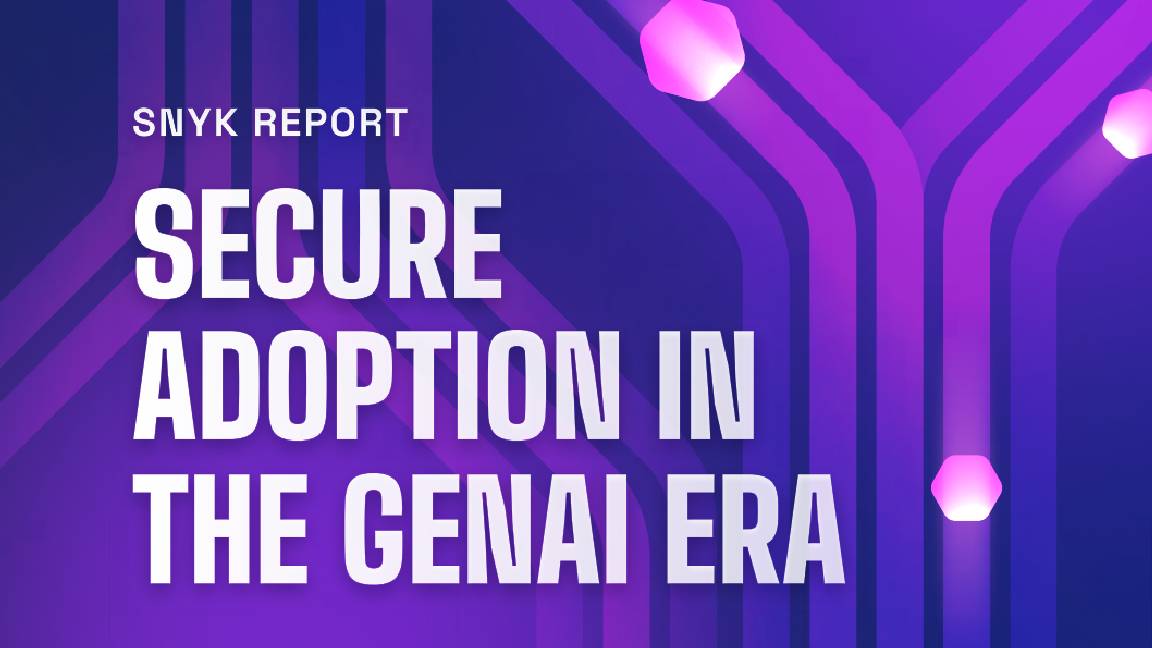 AI Survey Report
AI Survey ReportWhitepaper Level up your AI game with secure GenAI adoption
By ITPro Published
-
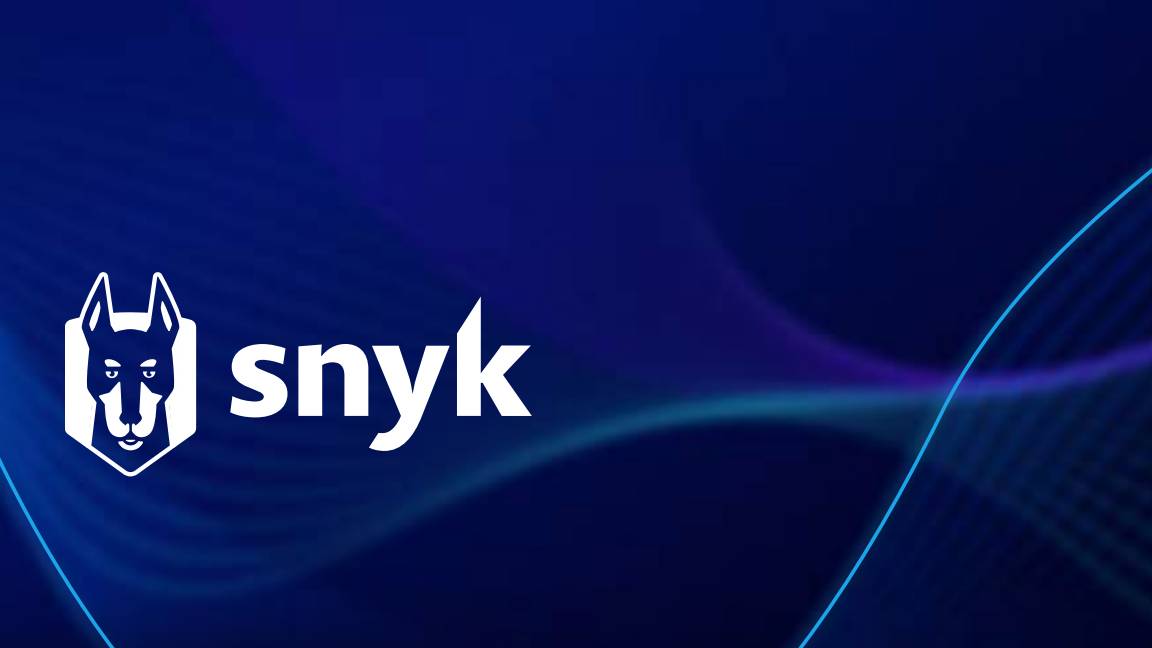 AI Code security report: Organizations must change their approach
AI Code security report: Organizations must change their approachWhitepaper 56.4% say insecure AI suggestions are common — but few have changed processes to improve AI security
By ITPro Published
-
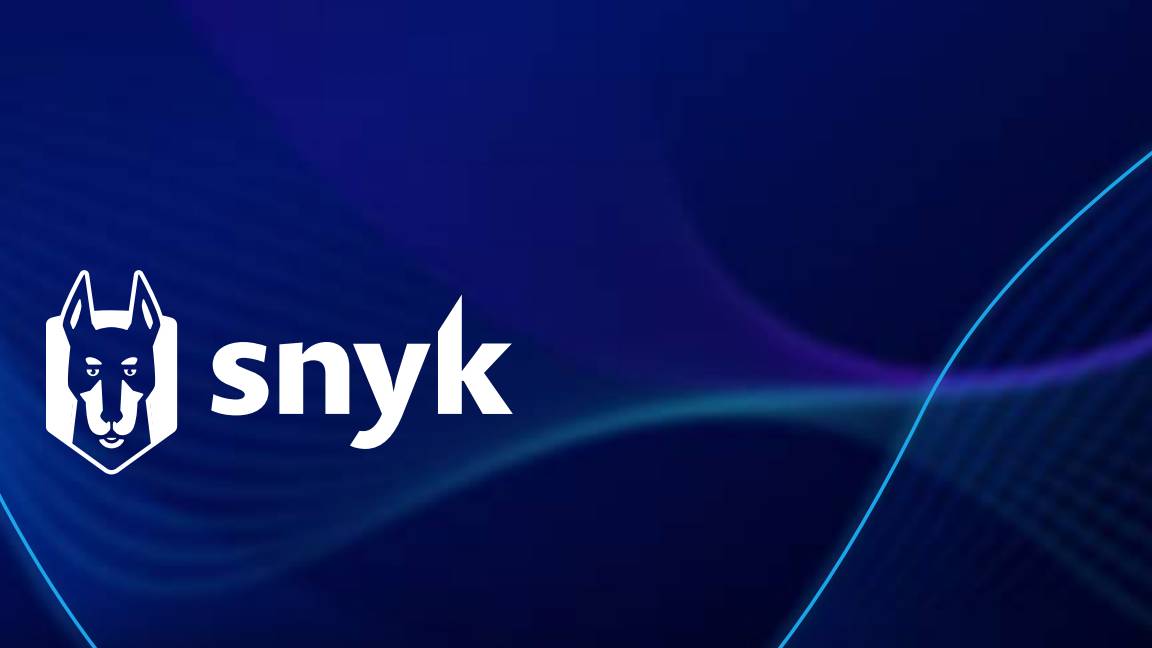 Gen AI buyer’s guide
Gen AI buyer’s guideWhitepaper Protecting businesses from AI-generated code vulnerabilities
By ITPro Published